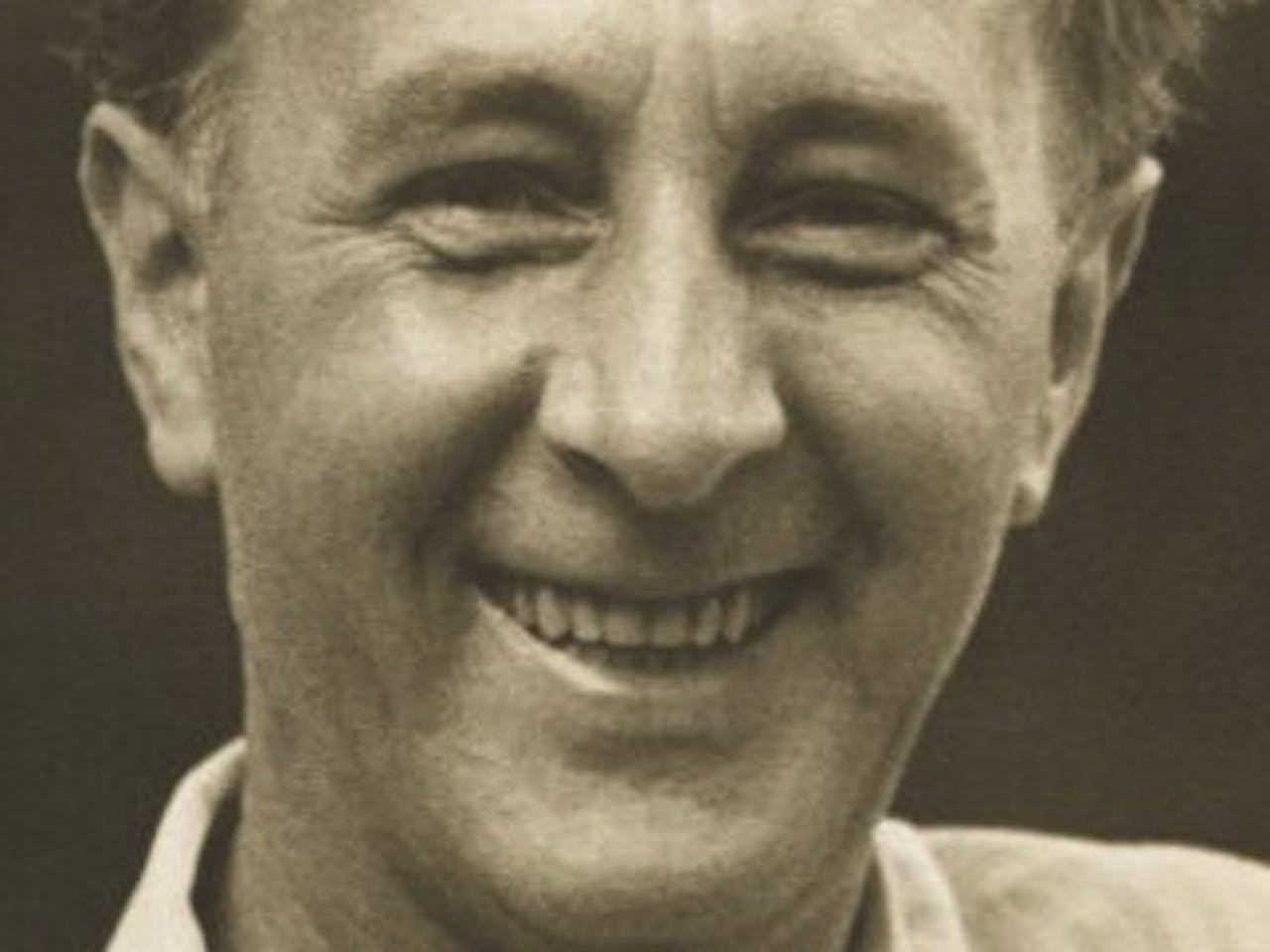Bohuslav Martinů
Biography
Czech composer Bohuslav Martinů (1890–1959) was astonishingly prolific across a wide variety of genres but is perhaps best known today for his symphonies. He wrote extensively for the stage and was an important early experimenter in opera for film, radio and television.
Martinů was born in Polička. He began studying the violin aged seven and in 1906 his local community raised funds to send him to the Prague Conservatory. He was later expelled, eventually qualifying as a teacher in 1912. During World War I he taught the violin in Polička and composed works including Czech Rhapsody. The 1920s saw the beginning of the steady compositional output that he would maintain for the rest of his life. He moved to Paris in 1923, with works from this period including the Second String Quartet, Le Jazz and the operas The Soldier and the Dancer and Les Larmes du Cocteau. Martinů’s international fame grew through the 1930s with such works as the Second Piano Concerto, the opera Julietta and the First Cello Concerto. He emigrated to the USA in 1941 and here wrote his first symphony. After World War II he split his time between Europe and New York, with later works including his final symphony Fantaisies symphoniques, the oratorio Gilgameš, the Fifth Piano Concerto and the opera The Greek Passion.
Martinů absorbed a huge range of influences through his life, including folk music, jazz, Renaissance music and the music of Stravinsky and Debussy – but these enriched rather than distracted from his musical voice, which remained consistently distinctive throughout his career.
Royal Opera House Covent Garden Foundation, a charitable company limited by guarantee incorporated in England and Wales (Company number 480523) Charity Registered (Number 211775)

